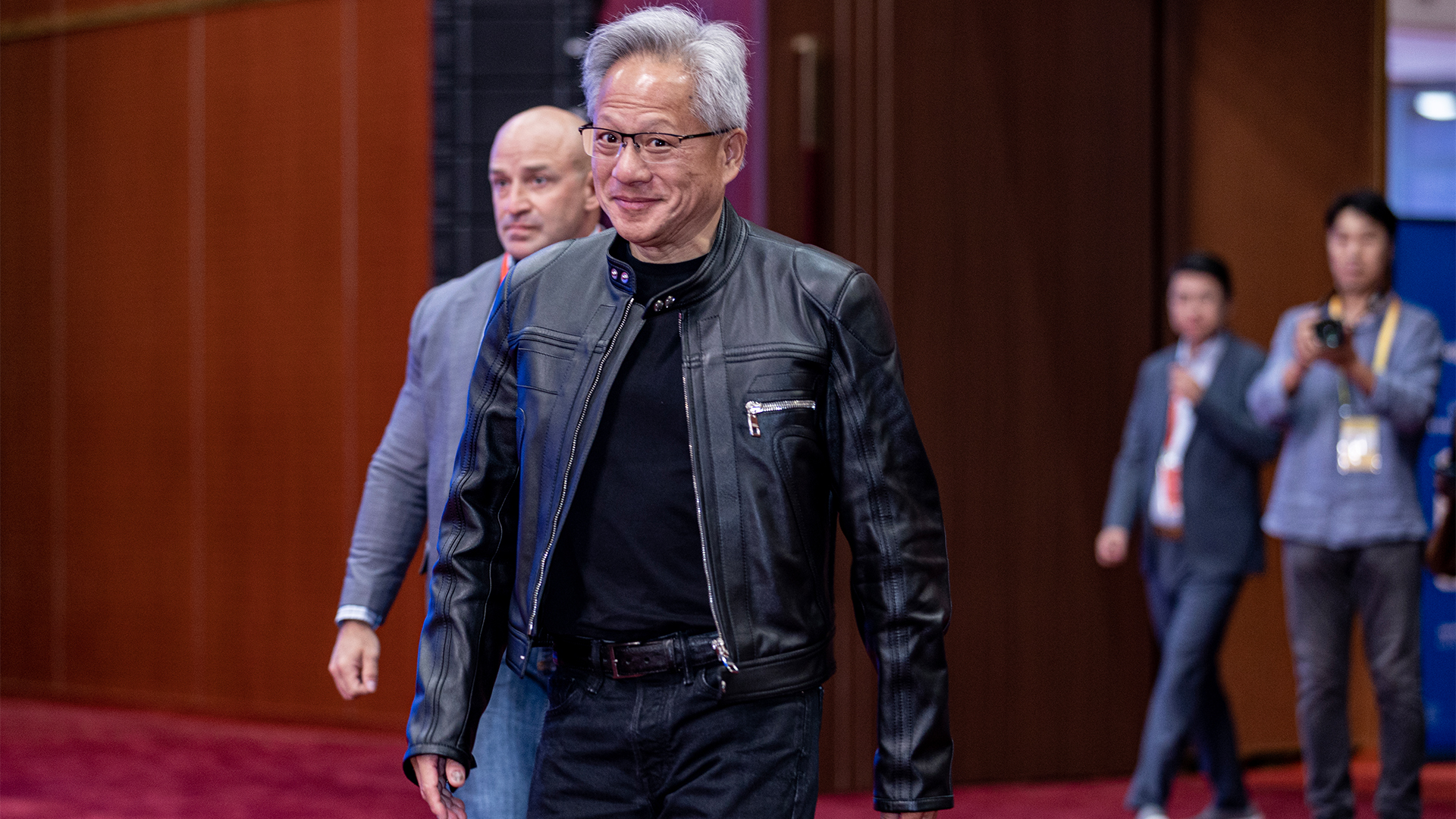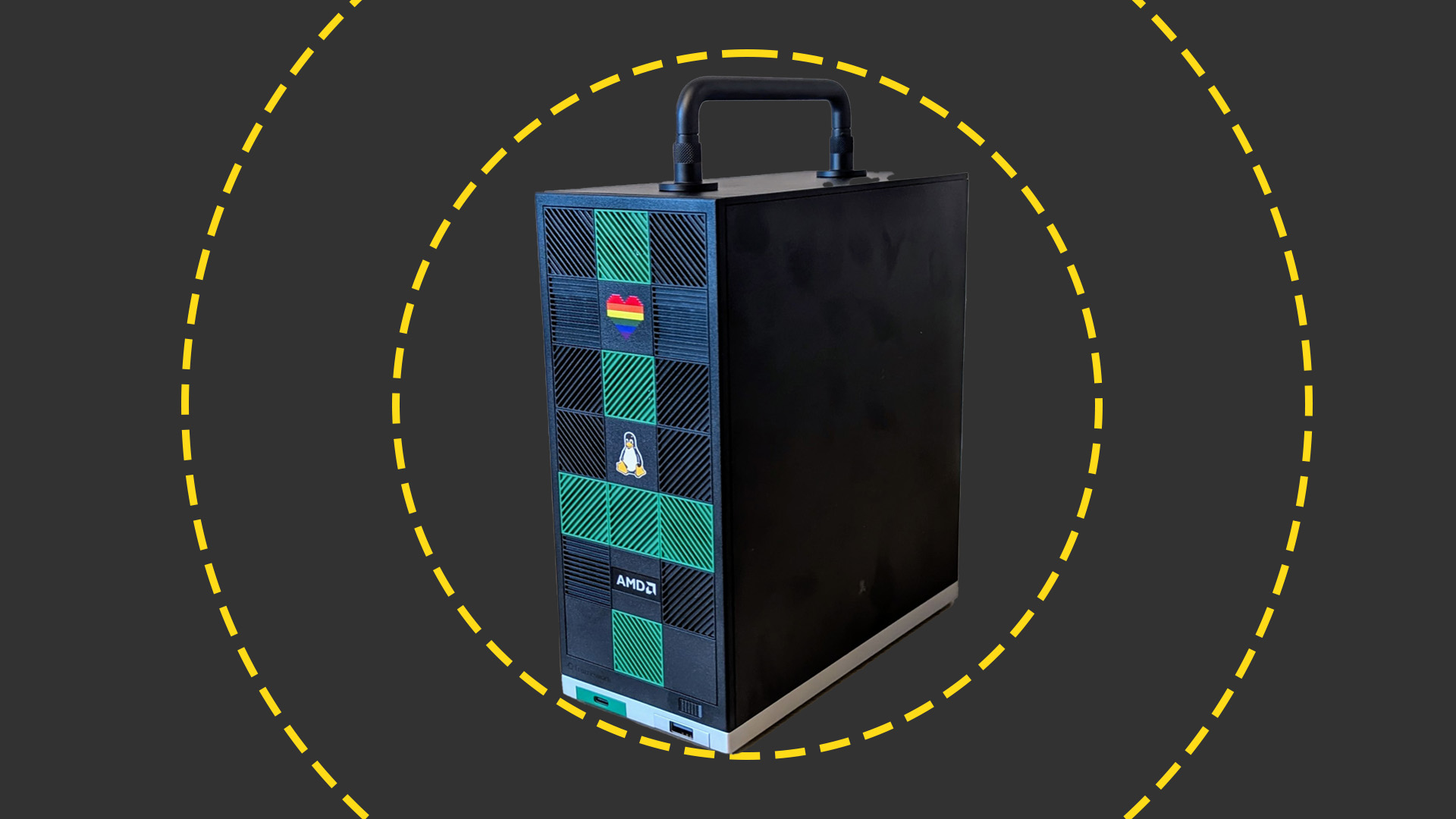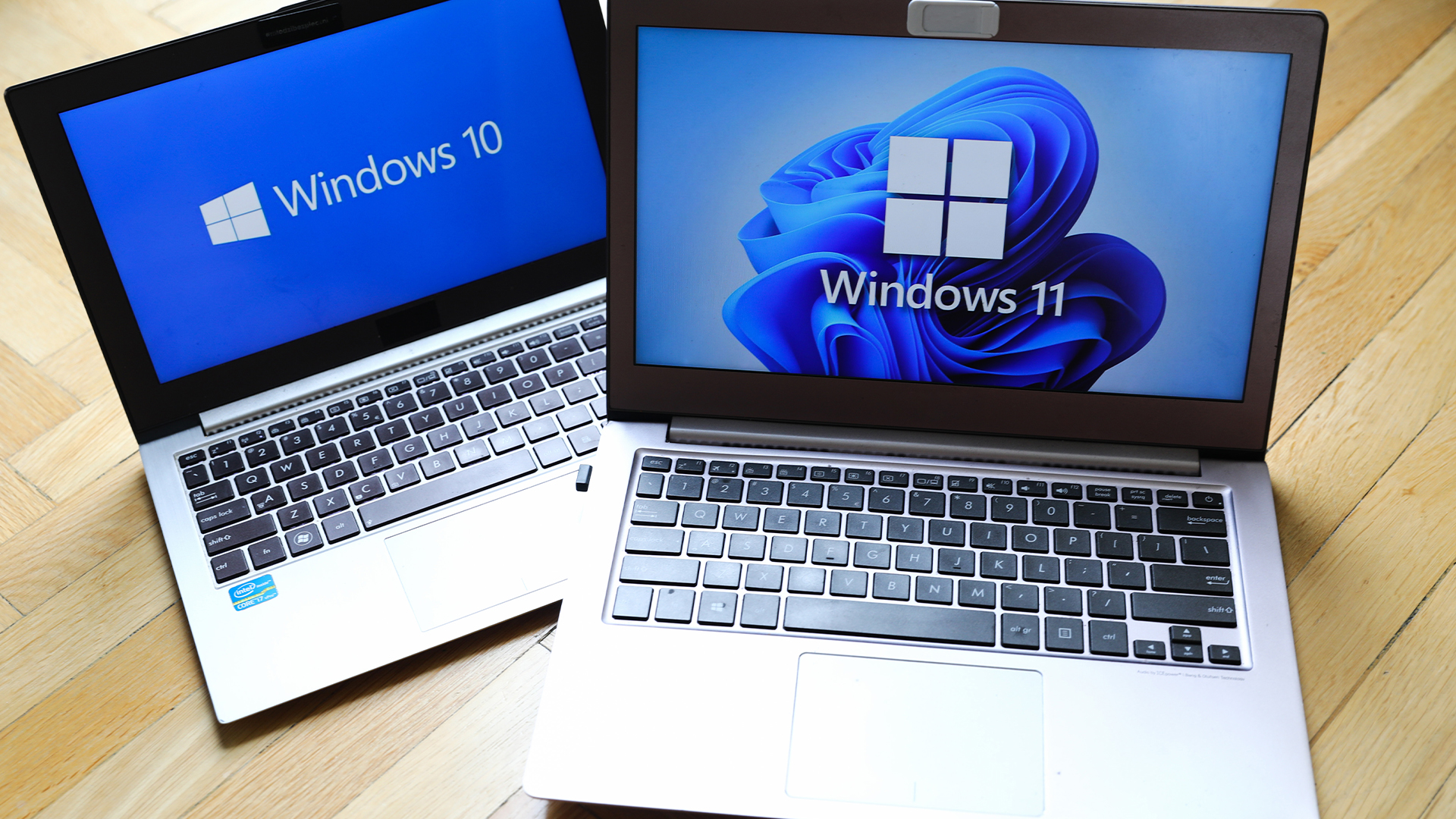Civil cases after EU fine for Intel?
Analysts suggest the EU case against Intel opens the firm up to civil lawsuits – AMD is already lined up for next year.


The European Union's record 1 billion fine against Intel could kick-start civil cases against the legally embattled chipmaker not least because the euros head in the direction of the EU's bottom line, not AMD's.
Intel is accused of allegedly offering kickbacks to computer manufacturers, to encourage them to use its chips rather than AMD's and to delay launches of products featuring its rival's technology. The EU said Intel also offered kickbacks to a retailer in exchange for it stocking only Intel-based products.
Intel has already said it will appeal the massive fine, but analysts warned it potentially faces civil suits.
Competition lawyer Alan Davis, of Pinsent Masons, predicted a flood of civil suits. "This will open the floodgates for competitors to sue," he told his firm's tech law website Out-Law.com. "There was a complainant in this case, AMD, and without question they and other competitors will pursue a case for damages."
"The fine goes to the European Commission's coffers, not to the competitors who suffered damage to their businesses because of Intel's anti-competitive practices," he added. "What is likely to happen is that action will be started and a massive settlement will be made."
Gartner analyst Martin Reynolds also noted that AMD doesn't receive anything from the fine. "AMD does not receive any money from the fine, which accrues to the EU tax budget," he said in a statement.
He added that "the decision paves the way for civil cases against Intel, with the main case due to go to trial in Delaware in 2010." Reynolds is referencing AMD's private suit against Intel, which it filed in 2005.
Sign up today and you will receive a free copy of our Future Focus 2025 report - the leading guidance on AI, cybersecurity and other IT challenges as per 700+ senior executives
Unsurprisingly, AMD was rather pleased by today's ruling, and seems to believe Intel can't win. Citing previous Korean and Japanese antitrust cases, it said in a statement: "Intel has so far failed to convince any antitrust enforcement agency that its business practices are lawful and pro-consumer."
Freelance journalist Nicole Kobie first started writing for ITPro in 2007, with bylines in New Scientist, Wired, PC Pro and many more.
Nicole the author of a book about the history of technology, The Long History of the Future.
-
 Hacker offering US engineering firm data online after alleged breach
Hacker offering US engineering firm data online after alleged breachNews Data relating to Tampa Electric Company, Duke Energy Florida, and American Electric Power was allegedly stolen
-
 Threat intel could be your secret weapon in cybersecurity sales
Threat intel could be your secret weapon in cybersecurity salesIndustry Insights Threat intelligence transforms cybersecurity sales from reactive product pitching to strategic advisory.
-
 Nvidia’s Intel investment just gave it the perfect inroad to lucrative new markets
Nvidia’s Intel investment just gave it the perfect inroad to lucrative new marketsNews Nvidia looks set to branch out into lucrative new markets following its $5 billion investment in Intel.
-
 Framework Desktop review: Modular design and ferocious AMD performance
Framework Desktop review: Modular design and ferocious AMD performanceReviews AMD's Ryzen Max CPUs debut in Framework's impressive modular self-build small-form desktop PC
-
 The US government's Intel deal explained
The US government's Intel deal explainedNews The US government has taken a 10% stake in Intel – but what exactly does the deal mean for the ailing chipmaker?
-
 US government could take stake in Intel as chip giant's woes continue
US government could take stake in Intel as chip giant's woes continueNews The move would see increased support for Intel’s manufacturing operations
-
 Dell says Windows 11 migration is a prime opportunity to overhaul ageing PC fleets – and AI devices are in the spotlight
Dell says Windows 11 migration is a prime opportunity to overhaul ageing PC fleets – and AI devices are in the spotlightNews The shift to Windows 11 means IT leaders can ditch old tech and get their hands on AI PCs
-
 AMD chief exec Lisa Su says its new Helios AI rack is a 'game changer' for enterprises ramping up inference – here's why
AMD chief exec Lisa Su says its new Helios AI rack is a 'game changer' for enterprises ramping up inference – here's whyNews The integrated hardware offering will feature upcoming AMD chips and networking cards
-
 AMD Advancing AI 2025: All the latest news and updates from San Jose
AMD Advancing AI 2025: All the latest news and updates from San JoseFollow all the news and updates live from AMD's latest Advancing AI conference
-
 What enterprises need to be Windows 11 ready
What enterprises need to be Windows 11 readySupported Hardware purchasing will play a key role in delivering success during the Windows 11 migration rush
